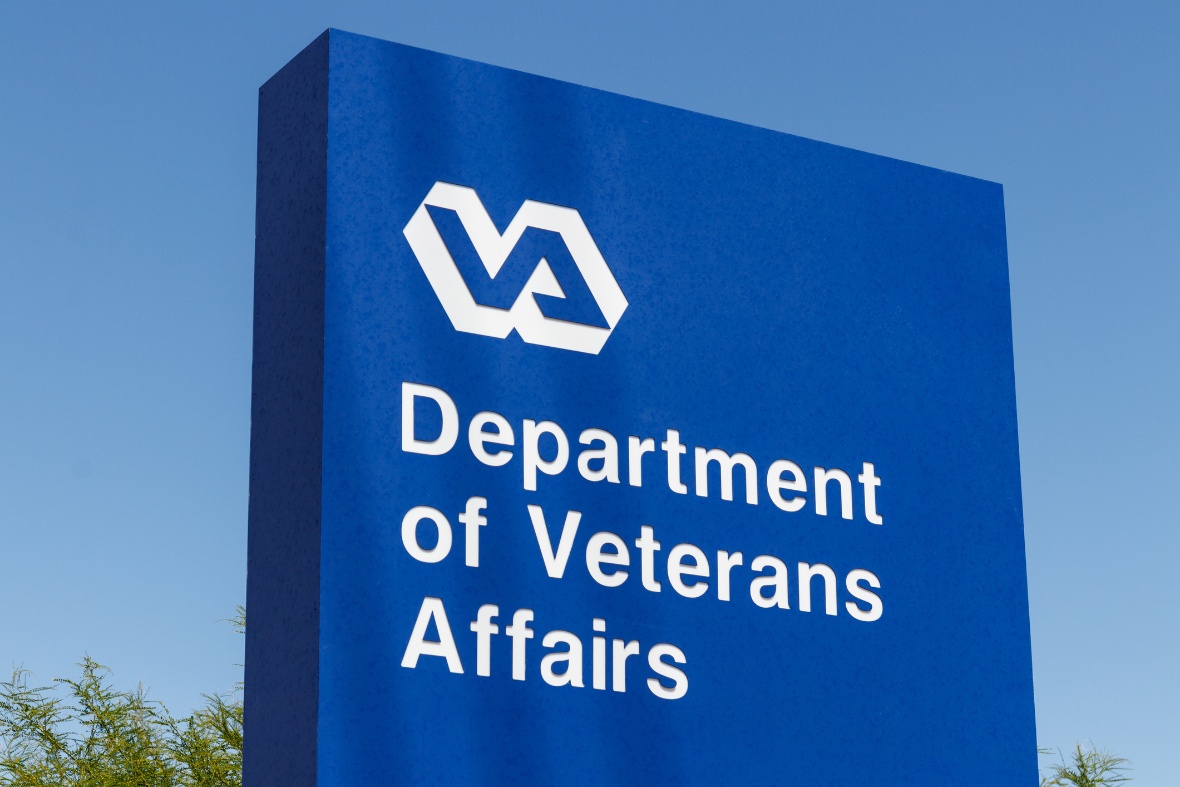VA claim denials are a common and highly complex challenge for many hospitals, and it’s easy to understand why: Just when revenue cycle teams think they have a handle on Veterans Administration-paid claims, the rules change. It’s hard to stay current on changes and figure out how teams should pursue VA accounts and manage VA appeals.

The best defense is a good offense. For revenue cycle leaders, a key place to start is to tackle two of the top barriers to VA claim payment: breakdowns in notification and authorization processes.
Strengthening Your Team’s Response
Research shows that more than 10 percent of all claims were denied in 2022––an increase of close to 8 percent from 2021. Failure to notify and/or obtain authorization drives most denials—and VA claims are no exception.
Although the Mission Act allows veterans to receive care from non-VA providers in specific circumstances— such as when veterans live too far away from a VA facility, appointment/wait times are too long, or VA internal resources are limited—in most instances, veterans must receive approval from the VA in advance. Without authorization to provide care, the claim will be denied.
In an urgent or emergency situation, veterans can seek care at non-VA facilities, but notification is critical. As soon as staff members know a patient is a veteran, they should submit a notification to the VA, as notification must be made within 72 hours of admission. A provider’s status in the VA network will determine whether the VA or CCN TPA should be notified to obtain authorization.
It’s important to note that when authorization for emergency care is granted, it applies only to immediate emergency treatment. As soon as the patient’s condition stabilizes, the VA will determine whether the veteran will be transported to a VA Medical Center or continue their care at the non-VA hospital. If continued care or inpatient admission is required, staff must call the VA (or CCN if contracted with TriWest or Optum) to ensure the authorization obtained covers the additional days necessary to deliver this care.
Identifying—and Overcoming—Authorization and Notification Challenges
The requirement that all non-urgent care be preauthorized and that the VA be notified of all emergent care— with authorization required beyond stabilization—makes the VA unique from other payers. Although the Mission Act allows veterans to step outside of the VA for treatment, preauthorization is still necessary for any and all treatment outside of emergent care. This includes the initial start of care as well as reauthorization for a new episode of care.
Too often when prioritizing denials, healthcare revenue cycle teams may not invest time in VA appeals. Some mistakenly assume that denials for lack of authorization or failure to notify the VA upon admission cannot be overturned, so they direct resources elsewhere. Others choose to focus on bigger sources of missed revenue, such as commercial denials, given that VA denials comprise a smaller portion of overall revenue.
But at a time when hospitals experience increased margin pressures, every dollar captured matters.
Obtaining Authorizations and Launching Effective VA Appeals
Here are five tips for avoiding and overcoming VA authorization denials.
1) Know You Can Still Seek Authorization Even After the Patient Has Been Discharged
If your patient has been discharged before your team has sent the notification to receive authorization of emergency care, you can still obtain an authorization. The VA requires notification of emergent care within 72 hours of the start of care by submitting through the ECR portal or by calling (844) 724-7842. (Note: The same phone number and email apply whether you are contracted with a CCN or not.) If you act quickly enough, you can still support claim payment.
2) Understand that the Notification Number Is Not the Authorization Number
This distinction can be confusing for revenue cycle staff because both the authorization number and the notification number are found on the same notification form received from the VA. See the exhibit below for an example.
3) Make Sure You’re Billing to the Correct Payer
Sending a claim to the wrong payer for payment is a common misstep. If you’re unsure of whom to bill for authorized emergency visits, examine the Approved Referral Notification. Also, don’t forget that in some instances, the VA can be a secondary payer for unauthorized emergent care when balances left due are not tied to a copayment.
4) Know When to Connect with the VA’s Centralized Claims Intake Center
If emergency care was not authorized, you’ll need to submit claims and supporting documentation to the VA’s Centralized Claims Intake Center.
Providers can submit claims and records to the VA in support of emergency department claims in two ways:
Electronically. Electronic submission is highly encouraged and preferred. Submit the claim electronically via an 837 transaction (Electronic Data Interchange (EDI): Payer ID for medical claims is 12115) and the supporting documentation via a 275 transaction.
Postal delivery. Include the claim or a copy of the claim on top of the supporting documentation that is mailed to the centralized intake office: VHA Office of Community Care PO Box 30780 Tampa, FL 33630-3780
5) Don’t Take “No” for an Answer
Denials happen. If a claim is denied, explain the extenuating circumstances, and ask for reconsideration. Submit VA appeals within 90 days of the denial to avoid missing timely filing. VA appeals aren’t easy, but with expert assistance, many authorization denials can be overturned.
Why Do Hospitals Choose Knowtion Health for VA Complex Claims Management?
Knowtion Health is an expert in VA complex claims, with more than 30 years of healthcare and VA claims experience. Each year, we process more than 196,000 VA denials and recover $423 million in VA claim payments. Some of our dedicated team of VA claim representatives are veterans themselves, and they understand the complexity of the VA rules around billing and reimbursement and components of successful VA appeals.
For more information on Knowtion Health’s support for VA claim submission and appeals, contact us at Services@KnowtionHealth.com today.







